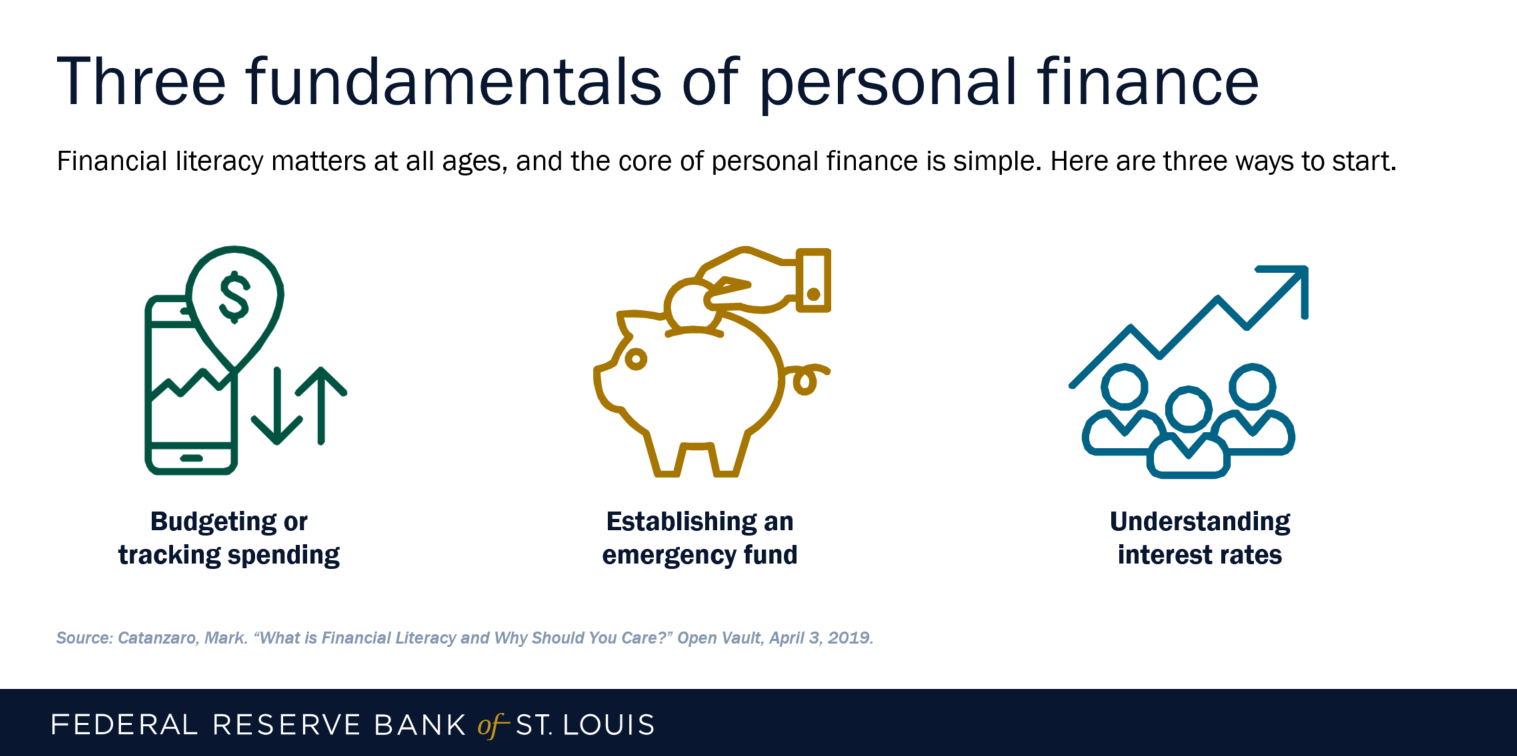Understanding Personal Finance Fundamentals: Key Concepts, Budgeting, and Investing
Understanding Personal Finance Fundamentals
Personal finance is the process of managing your money through budgeting, saving, investing, and planning for future expenses. A solid understanding of personal finance fundamentals is crucial for making informed decisions that will secure your financial future.
Key Concepts in Personal Finance
The core aspects of personal finance revolve around:
- Income: The money you earn from employment, investments, or other revenue streams.
- Expenses: Costs associated with living, which include both necessities (such as rent, utilities, and groceries) and discretionary spending (such as dining out and entertainment).
- Budgeting: A plan for how to allocate your income to cover expenses and save for future goals.
- Debt: Money borrowed from lenders that you must repay, often with interest (e.g., credit cards, loans).
- Investing: Using money to generate more wealth, often through purchasing stocks, bonds, or real estate.
Understanding these financial elements will allow you to create a financial strategy that supports your short- and long-term goals.
Making Smart Financial Decisions
To ensure financial success, it’s important to make strategic financial decisions that position you for long-term security. Here are some key practices to adopt:
- Live below your means: Spending less than you earn is the cornerstone of building wealth. Always save the difference to grow your financial reserves.
- Build an emergency fund: Experts recommend saving at least 3-6 months' worth of living expenses to prepare for unexpected events, like job loss or medical emergencies.
- Avoid high-interest debt: Steer clear of credit card debt or payday loans that can be difficult to repay due to high-interest rates. Instead, focus on paying off any existing debt as quickly as possible.
- Invest for the long term: A diversified investment portfolio (with stocks, bonds, and other assets) helps grow your wealth over time and can provide future financial security.
Budgeting Strategies: The 50/30/20 Rule
A straightforward budgeting strategy is the 50/30/20 rule. This method recommends dividing your after-tax income as follows:
- 50% for needs (housing, groceries, utilities, etc.)
- 30% for wants (entertainment, vacations, dining out)
- 20% for savings and debt repayment
Let’s say you take home $3,000 each month. Using the 50/30/20 rule, you would allocate:
- $1,500 (50%) for essential expenses like rent and utilities
- $900 (30%) for non-essential wants like entertainment and dining
- $600 (20%) for savings and debt repayment
This method helps you keep your finances balanced, ensuring you save for the future while also enjoying life.
Demo: Investing in a 401(k)
A 401(k) is one of the best ways to save for retirement, especially if your employer offers a matching contribution. A 401(k) allows you to invest a portion of your salary into a diversified portfolio of stocks, bonds, and other assets.
For example, if you earn $50,000 annually and contribute 5% of your salary to your 401(k), you would be saving $2,500 each year. If your employer matches your contributions up to 5%, they would contribute another $2,500, giving you $5,000 total each year. Over time, your contributions, along with investment growth, will compound and provide significant savings for your retirement.













